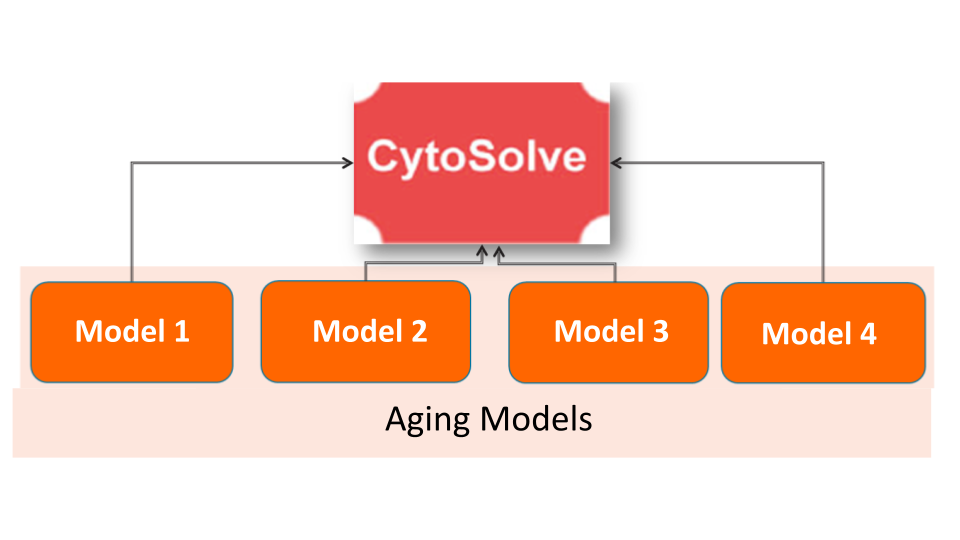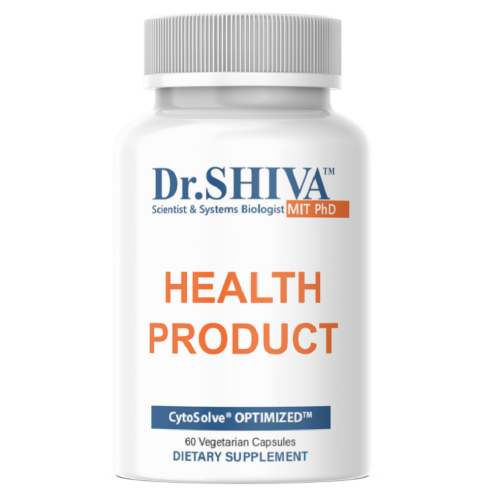Aging is a natural and inevitable biological process characterized by gradual changes in the body’s structure and function over time.
The Open Science Institute’s Anti-Aging Initiative has now progressed to the Third phase — In silico Modeling. We need your support to move forward. Our goal is to raise $150,000 to research and reveal to the scientific community, highlighting the powerful potential of compounds on Anti aging. Please support this initiative.
Aging is a natural and inevitable biological process characterized by gradual changes in the body’s structure and function over time. It affects all living organisms and is influenced by a combination of genetic, environmental, and lifestyle factors. While aging is often associated with a decline in physical and cognitive abilities, it is also a time of experience, wisdom, and growth.Biologically, aging involves the progressive deterioration of cells, tissues, and organs. This can lead to reduced efficiency in bodily functions such as metabolism, immunity, and repair mechanisms. Common signs of aging include wrinkles, gray hair, decreased muscle mass, bone density loss, and slower reflexes. Internally, aging increases the risk of chronic diseases like heart disease, diabetes, arthritis, and neurodegenerative conditions such as Alzheimer’s disease. Psychologically and socially, aging can bring challenges such as retirement, loss of loved ones, and changes in social roles. However, it can also be a fulfilling period marked by personal reflection, strong relationships, and new opportunities for learning and engagement.Healthy aging is increasingly emphasized, focusing on maintaining physical activity, a balanced diet, mental stimulation, and social connections. Preventive healthcare, regular checkups, and early management of health conditions contribute significantly to a higher quality of life in older adults.Advancements in medical science and a growing awareness of healthy lifestyle choices are helping people live longer and more active lives. Embracing aging with a positive attitude, self-care, and community support can transform it into a meaningful and enriching stage of life
The Systems Architecture of Aging is published as a Web-based tool open to public. Click below to interact with the Systems Architecture.
A peer-reviewed publication from the anti-aging Initiative is released on the Nutrients Journal in 2023. to advance scientific discovery and deliver real solutions.
In this phase, the Aging Initiative will conduct in silico modeling to identify and test the efficacy of compounds on Oxidative stress, Inflammation and Telomerase activity. This phase is yet to begin.

In this phase, combination screening will be performed to identify potential ingredient/compounds that target the biological process implicated in Aging. This phase is yet to begin.
The Open Science Institute® through its Anti aging initiative is moving towards getting patents for a revolutionary novel compounds that affects Oxidative stress, inflammation and telomerase activity.
The Anti-aging health Initiative plans to discover, develop, license and manufacture a Anti aging health product which supports treatment of Aging. Support our mission to bring this innovation to those who need it most. Please support this Phase by donating to the Anti aging Initiative

